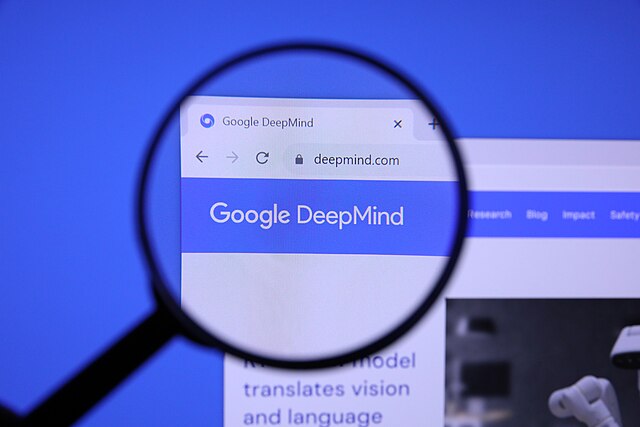Nearly two weeks after a 16-month-long investigation into some of the largest tech companies, the Department of Justice sued Google in what is now considered to be the biggest antitrust case in more than two decades.
In its lawsuit, the DOJ stated that Google has taken complete dominance over their competition in order to maintain their powerful position in the industry of online search engines and advertising. According to the DOJ, there are eleven states who have voiced their concerns with this case: Arkansas, Florida, Georgia, Indiana, Kentucky, Louisiana, Mississippi, Missouri, Montana, South Carolina and Texas.
Many consider Google to be a monopoly within the United States, primarily due to approximate 90% of internet searches that are made through Google. This has supposedly allowed Google to illegally use their dominant hold in the marketplace through unethical and anti-competitive implementations.
The Department of Justice goes on to accuse Google of using the money gained due to its favorable position to pay other companies to help remove their competitors. Google is also being accused of paying Apple billions of dollars each year to use Google as their default browser on Apple’s Safari, according to Vox’s Recode.
Attorney General William Barr noted that with many Americans depending on the internet to get their daily activities completed, it is incredibly important that these major tech companies are kept in line, where they remain in active competition with viable competitors. He also went on to state that ever since taking on the role of Attorney General, it has been his sole responsibility to ensure tech businesses maintain their respected places in the market spotlight.
“Today, millions of Americans rely on the Internet and online platforms for their daily lives. Competition in this industry is vitally important, which is why today’s challenge against Google — the gatekeeper of the Internet — for violating antitrust laws is a monumental case both for the Department of Justice and for the American people,” Barr said in the complaint.
“Since my confirmation, I have prioritized the Department’s review of online market-leading platforms to ensure that our technology industries remain competitive. This lawsuit strikes at the heart of Google’s grip over the internet for millions of American consumers, advertisers, small businesses and entrepreneurs beholden to an unlawful monopolist.”
The DOJ has argued that despite many people using the search engine the option to choose another search browser through Google, it doesn’t really create much of a difference for the company since they are still using Google to get to the other engine. Google has argued they are viewed as a dominant product that many people would prefer to use.
Though the lawsuit is a big deal to thousands who use the search engine every day, this isn’t the first time a major tech company has been accused of restricting competition. Back in the 1990s, Microsoft was sued after the tech business broke antitrust laws by propelling Internet Explorer with Windows.
The DOJ states that the lawsuit against Google is an exact copy of the lawsuit against Microsoft. There are references made in the lawsuit that Google is using interchangeable tactics that were acknowledged by the D.C. Circuit Court almost close to two decades ago, according to CNBC.
Back in 2017, Google was fined approximately 1.7 billion by the European Union for violating the antitrust laws in terms of the online advertising market. This fine was the third one issued to Google by the European Union. Regulators have said that Google had violated rules by imposing unnecessary terms on companies that use their search engine on websites in Europe. In 2019, the total number of fines against Google now add up to approximately 9.3 billion.
In a statement to the general public, Margrethe Vestager, Europe’s top antitrust monitor, stated “Google has cemented its dominance in online search adverts and shielded itself from competitive pressure by imposing anticompetitive contractual restrictions on third-party websites. This is illegal under E.U. antitrust rules,” according to The New York Times.
Europe’s approach to regulating tech companies has been criticized for coming off as unfair due to their focus on technology companies based in the United States. Now these regulations are being viewed as a model figure, since governments are questioning the amount of influence that Silicon Valley holds. The EU is head to head in a tough debate about the role that tech platforms, such as Apple, Amazon, Facebook and Google play within a functioning society, and whether their power can hurt other competitors.








